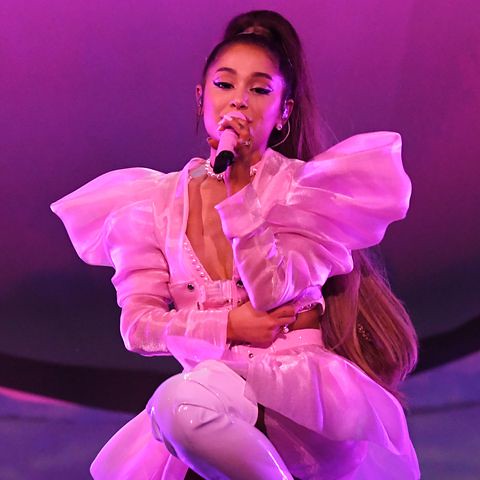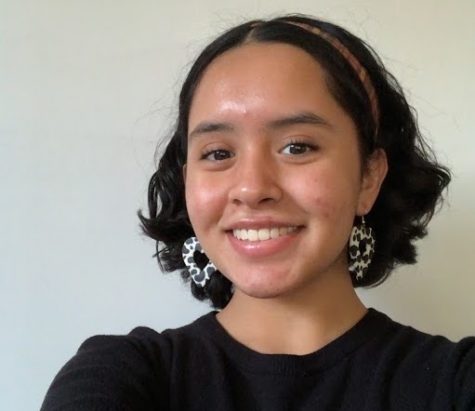Opinion: Major brands, celebrities’ lack of originality belittle lesser-known designers

Ariana Grande has been under fire after her lawsuit against Forever 21.
September 26, 2019
Ariana Grande’s recent lawsuit against Forever 21 is being called hypocritical but this isn’t a new topic for the singer/songwriter.
“Ariana should give me a cut of that 10M since her team literally sent a pic of me to the designer and paid them to copy my look from as4,” said Cameron Clayton, better known as Farrah Moan from season nine of “Rupaul’s Drag Race” on Twitter. “I guess stealing from queer artists for profit is fine tho.”
The $10 million lawsuit followed the release of Forever 21’s hair accessories and clothing items similar to those Grande wore for her “7 rings” music video.
Clayton says that their entrance look for season 4 of “Rupaul’s Drag Race All Stars” was copied by Grande. The artist is now being recognized for other looks she has copied from lesser-known designers and creators without credit. She is not the only notable figure to do this however, artists and brands alike constantly replicate and capitalize off underground designs.
“I wasn’t gonna even say anything or care because I was actually flattered by it and I’ve known for MONTHS but now it’s kinda getting to me since she’s just racking in millions over it,” Clayton said on Twitter.
However, this is not the first time Grande has been accused of stealing looks. Earlier this month, popular Instagram fashion page Diet Prada posted the inspiration mood board for Grande’s 2019 Sweetener Tour, which mimicked many black creators and artists such as Rihanna and Ciara. Most strikingly, Grande wore an outfit that almost exactly replicated Asian designer Yeha Leung’s bondage wear.
This is part of a much larger problem of celebrities neglecting to credit their sources and appropriating the designs and cultures of underrepresented communities. Creative and intellectual property of primarily LGBTQ+ and marginalized youth has been replicated by notable celebrities and their makeup teams without adequate accreditation.
People with large followings consistently get away with it and are even praised for their originality by fans. This also happened earlier this year with rapper Maria-Cecilia Simone Kelly, better known as Rico Nasty, best known for her eccentric style and creative writing style. Kelly and her makeup artist Scott Osbourne were accused of stealing the makeup looks that made her so notable from young creatives. Osbourne has since started tagging the inspiration in Instagram posts, more so after the backlash.
Additionally the popular clothing brand “Brandy Melville” has faced allegations of stealing, though they have not apologized. The brand has stolen art countless times from both artists on social media and designers. Most recently, Bella McFadden, better known as “Internet Girl” called out the brand for stealing the design of her “iGirl Pendant” and selling it in their overseas stores. She was not issued an apology or even acknowledged by the brand.
The longer celebrities like Ariana Grande tend to get away with the blatant and outright copying of marginalized groups and continue to feed into the culture of excused appropriation, lesser-known artists will never be rightfully praised for their work. This has an undeniable toll on the creative process of people who gain no notoriety or benefits from producing looks and decreases drive, preventing further creations from seeing the light of day.








